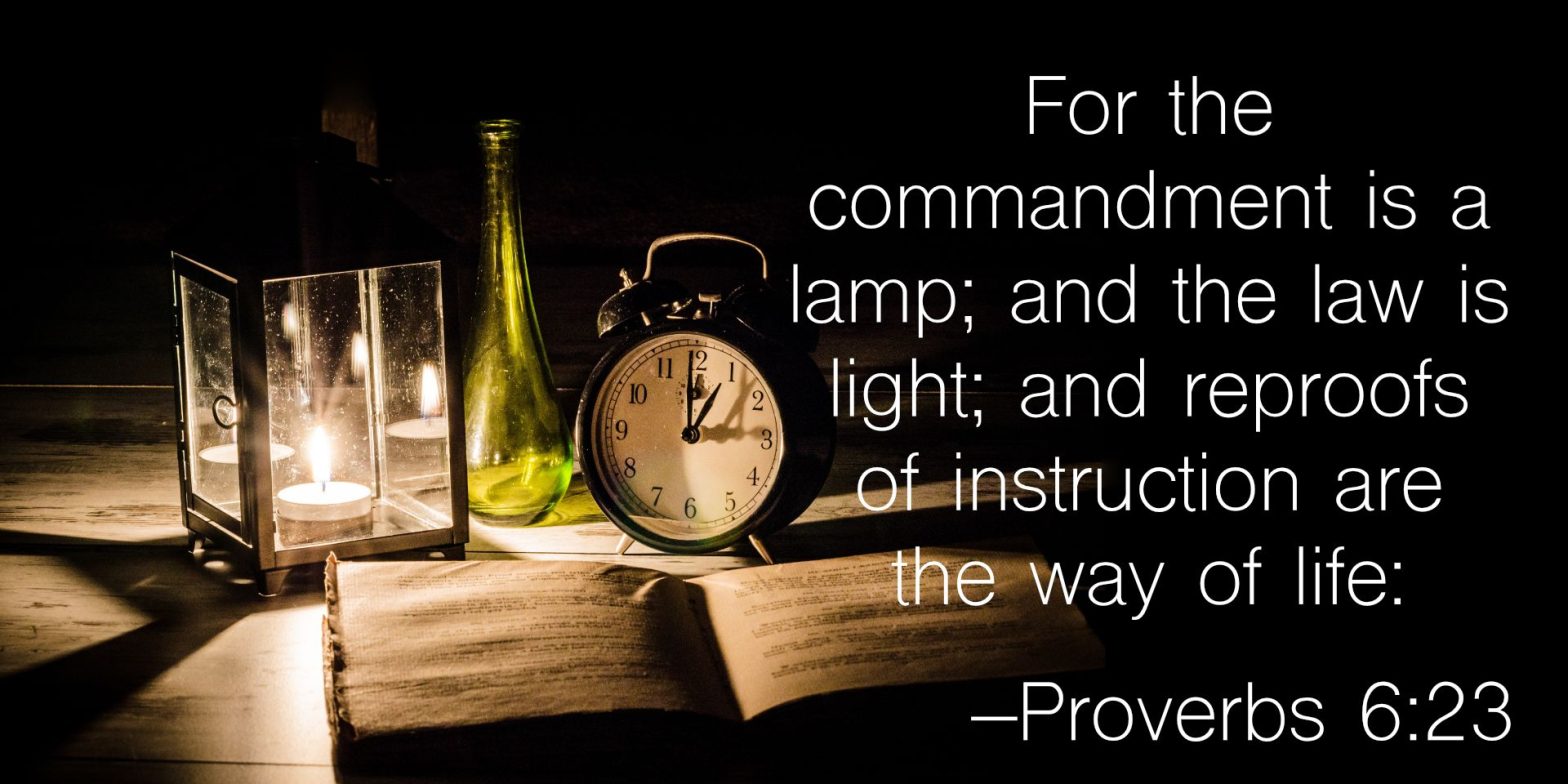THE SEED
‘For the commandment is a lamp; and the law is light, and reproofs of instruction are the way of life’. Proverbs 6:23 KJV
Commandments are divinely ordained orders that must be obeyed. So many chapters of the Bible speak of God’s commandments, from the Ten Commandments to the principles in Proverbs to the greatest commandment. The commandments of God were put in place to keep us in check. We are humans, and as such, we err, but with God’s commandments, we should constantly improve. At times, we feel like we know it all in our Christian journey, and then suddenly, there’s something else to learn.
The original Inception of God’s ten commandments through Moses was to put the people in order before God so that they continue to be God’s peculiar treasure above all people, a kingdom of priests, and a holy nation according to His promise, only if they obey Him. When the commands of God are not fulfilled in a man’s life, he would seem incomplete. A life without God is not a complete life, and to live a life with God in it, we have to do so by following his will for our lives. We are to continually bind them to our hearts and tie them around our necks. These commandments are to guide our footsteps and direct our paths. They are to control what we say, how we say it, and even the actions we take. The commandments of God are not just the ten commandments; they are his will; when we go, they should lead us; when we sleep, they should keep us; and even when we are awake, they should talk to us. God’s commandments can even be what we hear from God during our prayers. Finally, God’s commandments were established to get us through to the paths that he had intended for us.
BIBLE READING: Deuteronomy 6:1–11.
PRAYER: Oh Lord, help me to live by your commandments for me. Amen.
OFIN BABA RE
IRUGBIN NAA
‘Nitori ofin ni fitila; Òfin sì ni ìmọ́le, ìbáwí ekọ́ sì ni onà ìyè.” Òwe 6:23 KJV
Awọn ofin jẹ awọn aṣẹ ti atọrunwa ti o gbọdọ tele. Ọpọlọpọ orí Bíbélì ló ń soro nípa àwọn òfin Ọlọ́run, láti Òfin Mẹ́wàá sí àwọn ìlànà tó wà nínú Òwe títí dé ofin tó ga jù lọ. Awọn ofin Ọlọrun ni a fi sii lati pa wa mọ. Èèyàn ni wá, nítorí naa, a maa n se asise ṣùgbọ́n pelú àwọn òfin Ọlọ́run, a gbọ́do ma se atunse sí i nígbà gbogbo. Nígbà míràn, a máa ń ro pé a mọ gbogbo re tan nínú ìrìn àjò Kristẹni wa, lójijì, ohun mìíràn tún wà láti kọ́. Ìpilese àwọn òfin mẹ́wàá tí Ọlọ́run pa láṣẹ nípase Mósè ni o wa láti fi àwọn èèyàn wiwa ti o to níwájú Ọlọ́run kí wọ́n lè máa bá a lọ láti jẹ́ ìṣúra àrà oto Ọlọ́run ju gbogbo ènìyàn lọ, ìjọba àwọn àlùfáà, àti oríleèdè mímọ́ gẹ́gẹ́ bí ìlérí re, iyen ti wọ́n bá lè gbọràn sí i. Nigbati awọn ofin Ọlọrun ko ba ṣẹ ni igbesi aye eniyan, yoo dabi ẹni pe ko pe. Igbesi aye laisi Ọlọrun kii ṣe igbesi aye pipe, ati lati gbe igbesi aye pẹlu Ọlọrun ninu rẹ, a ni lati ṣe bẹ nipa titẹle ifẹ rẹ fun igbesi aye wa. A ní láti so wọ́n mọ́ ọkàn wa nígbà gbogbo kí a sì so wọ́n mọ́ ọrùn wa. Àwọn òfin wonyí ni láti tọ́ àwọn ìṣíse wa àti láti tọ́ àwọn ipa onà wa. Wọn ni lati ṣakoso ohun ti a sọ, bawo ni a ṣe sọ, ati paapaa awọn iṣe ti a ṣe. Awọn ofin Ọlọrun kii ṣe awọn ofin mẹwa nikan; ìfẹ́ re ni wọ́n; nígbà tí a bá ń lọ, kí wọ́n darí wa; nígbà tí a bá sùn, kí wọ́n pa wá mọ́; ati paapaa nigba ti a ba wa, wọn yẹ ki o ba wa sọrọ. Awọn ofin Ọlọrun paapaa le jẹ ohun ti a gbọ lati ọdọ Ọlọrun nigba adura wa. Ju gbogbo re lo, awọn ofin Ọlọrun ni a mulẹ lati mu wa kọja si awọn ipa-ọna ti o ti pinnu fun wa.
BIBELI KIKA: Diutarónómì 6:1–11.
ADURA: Oluwa, ran mi lowo lati gbe nipa ofin re fun mi. Amin.
